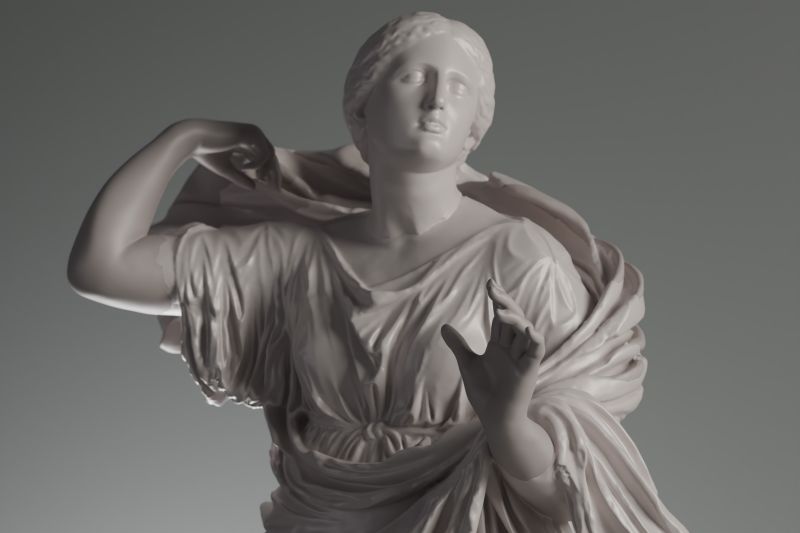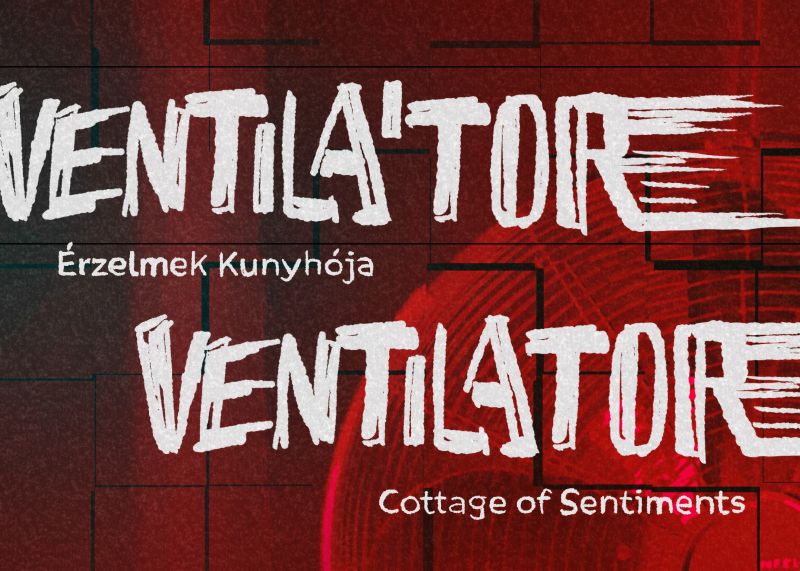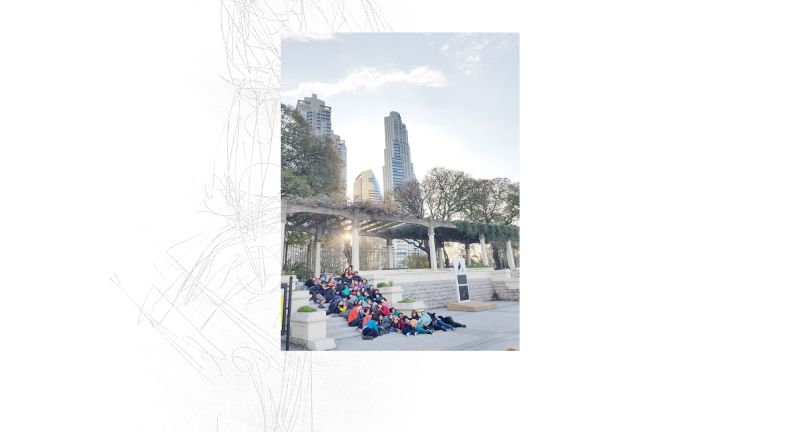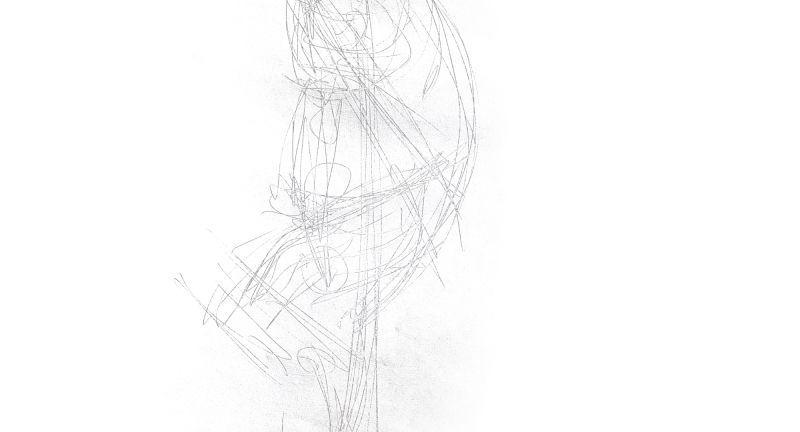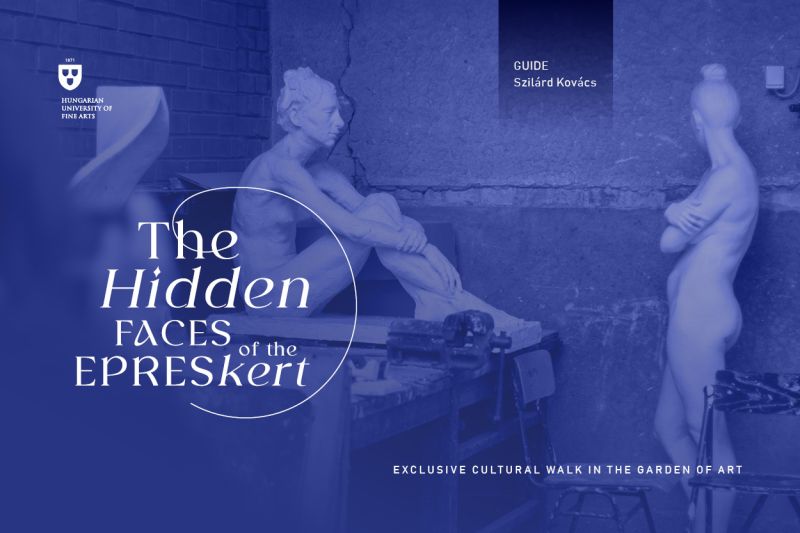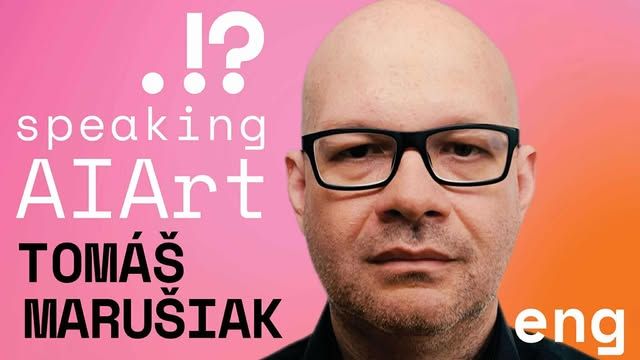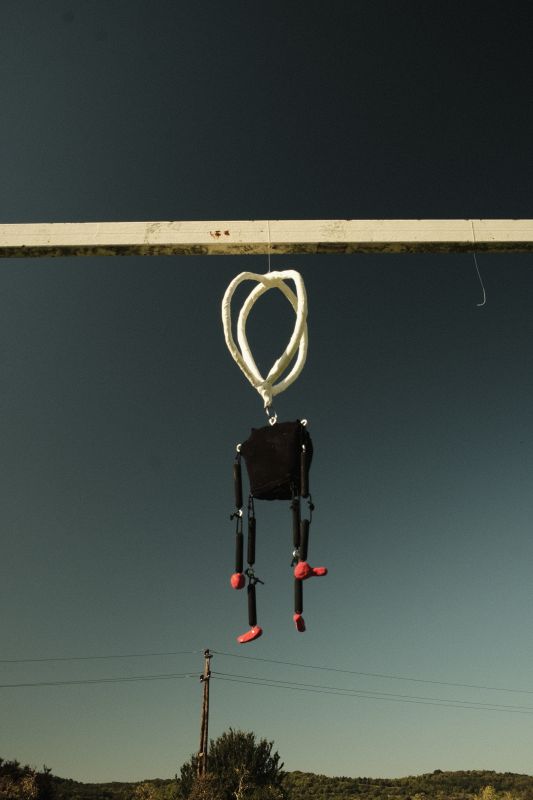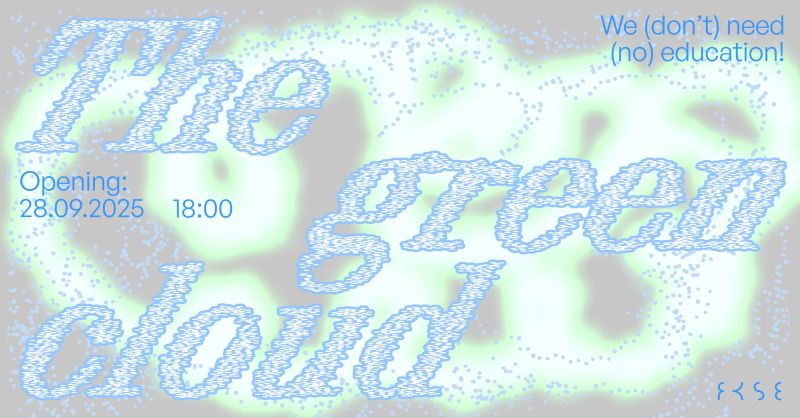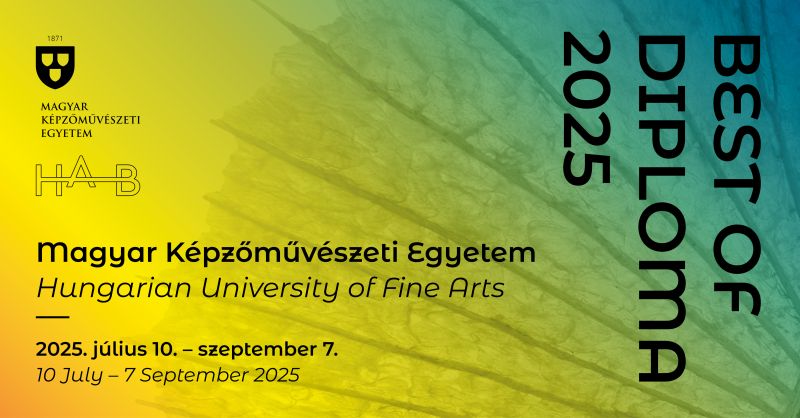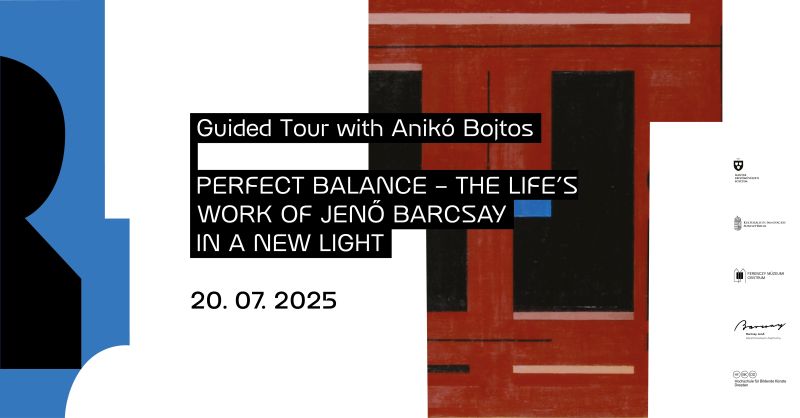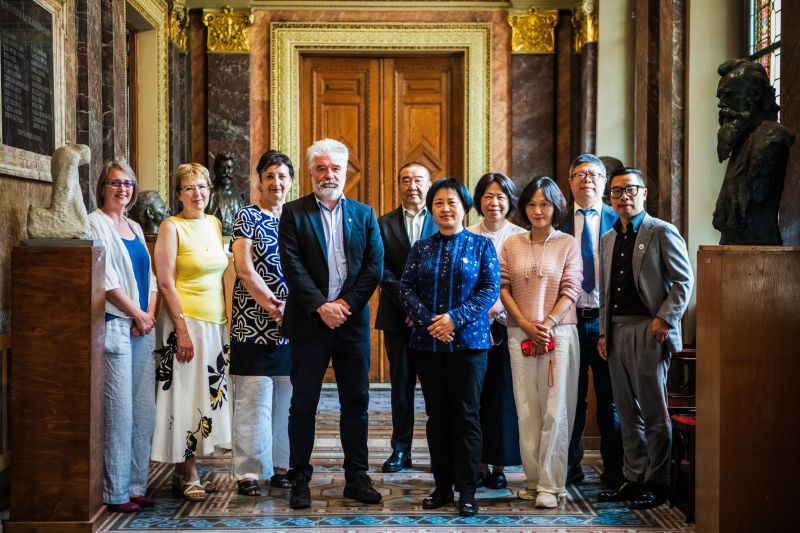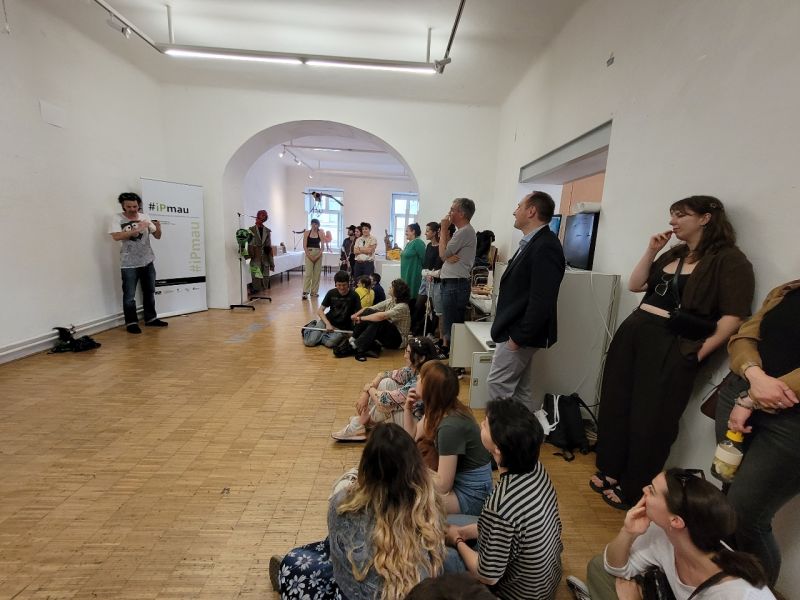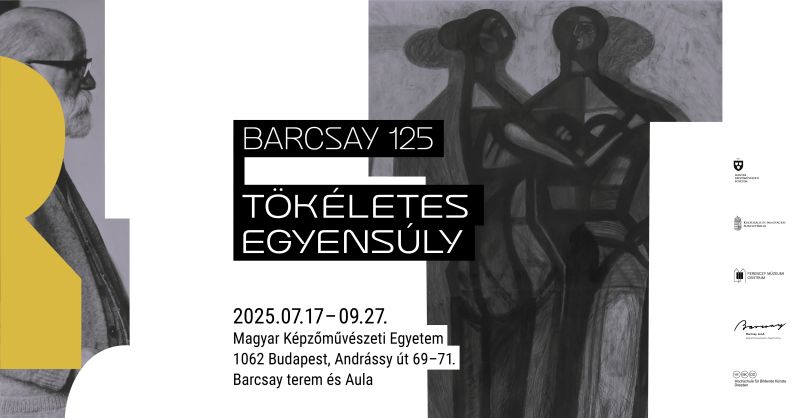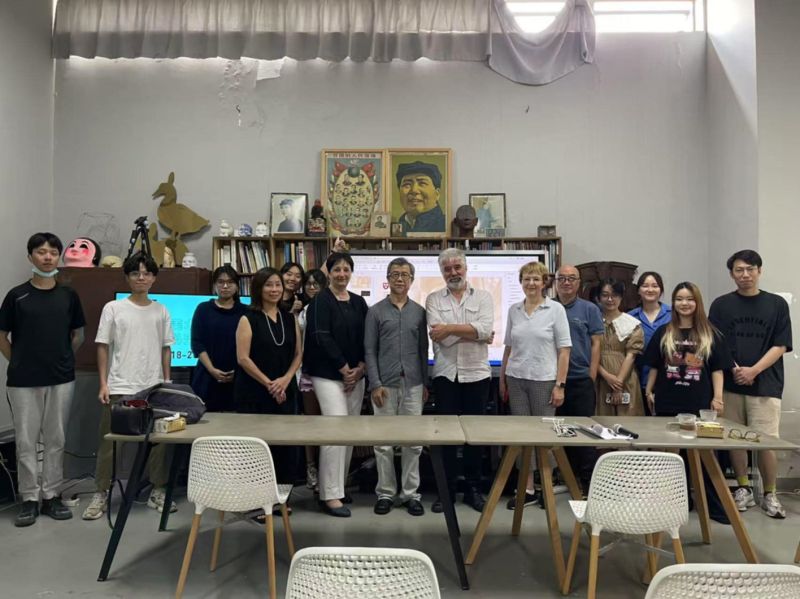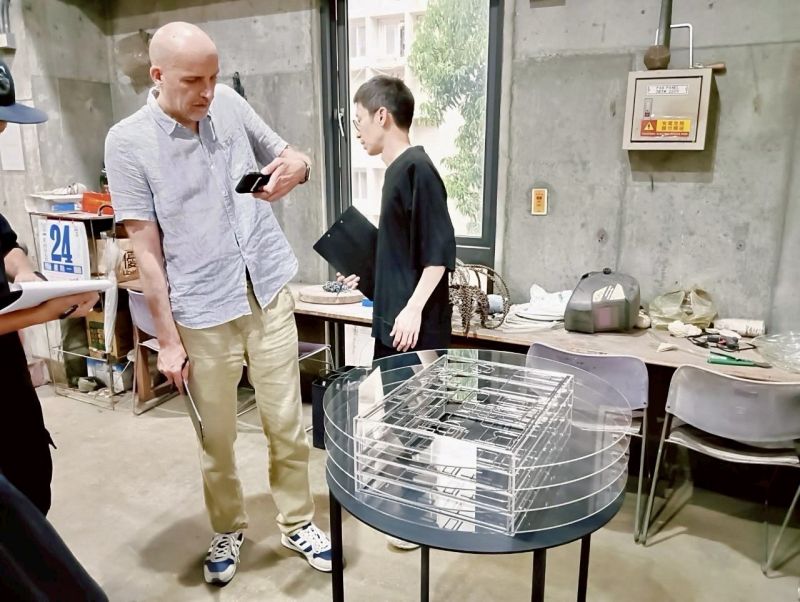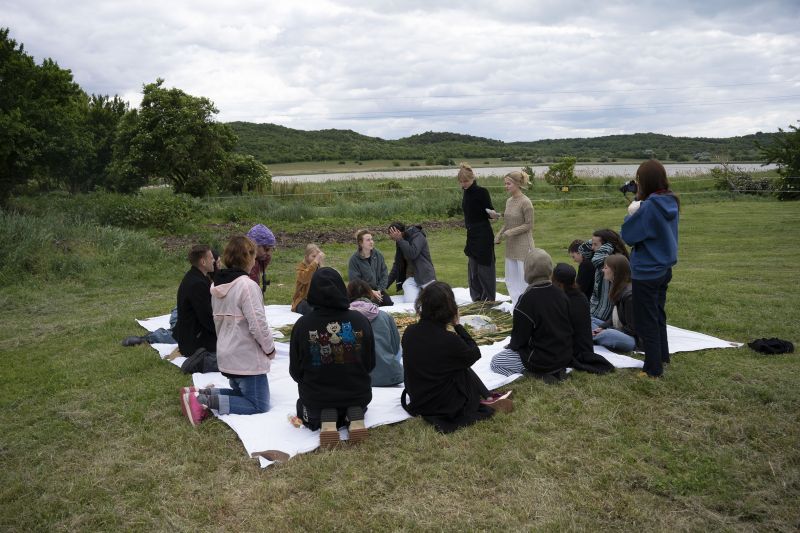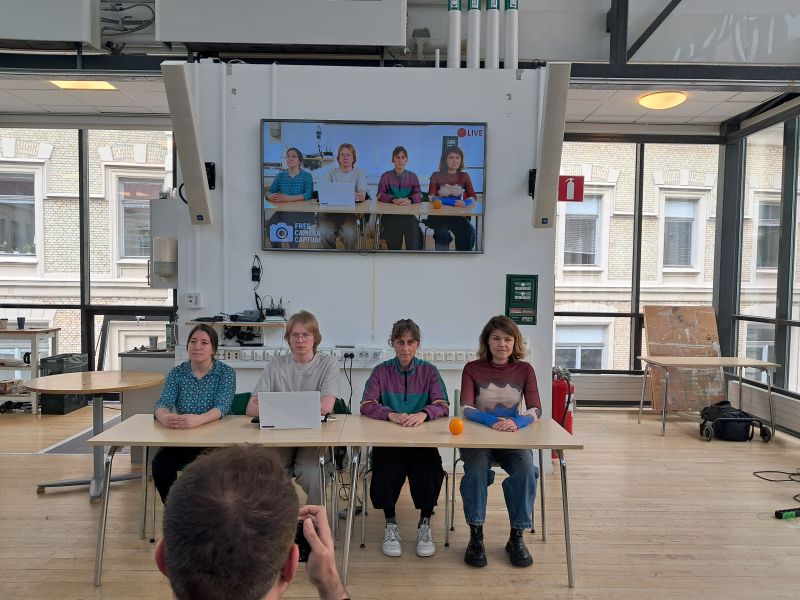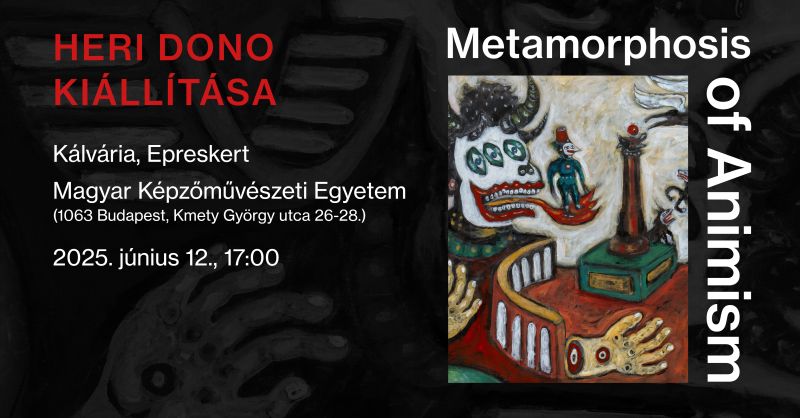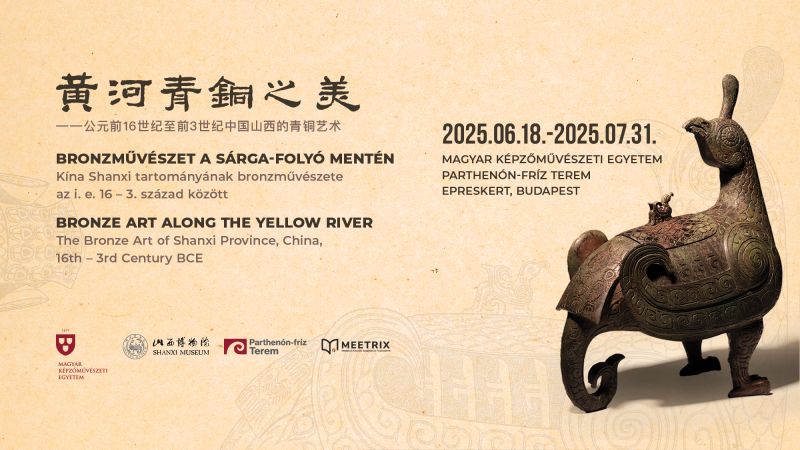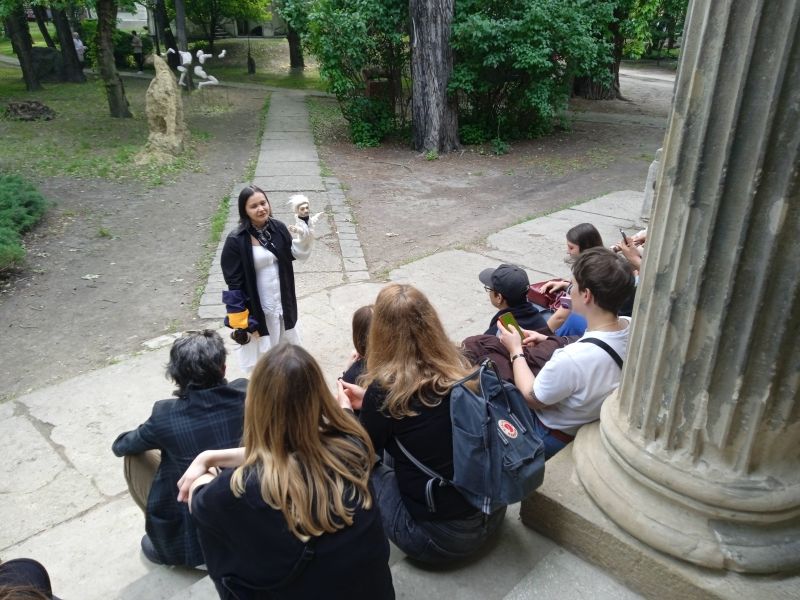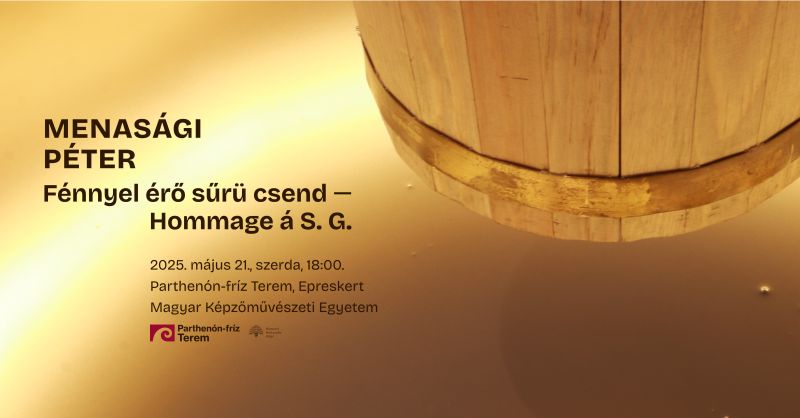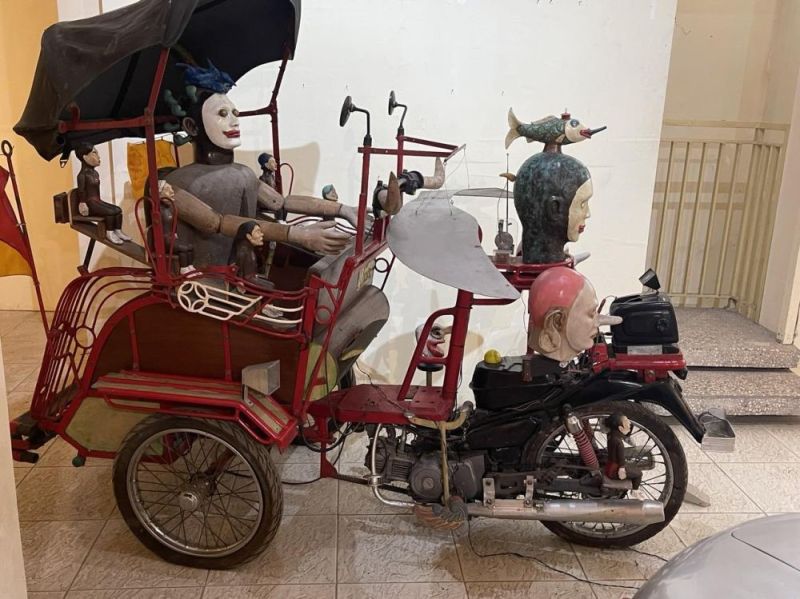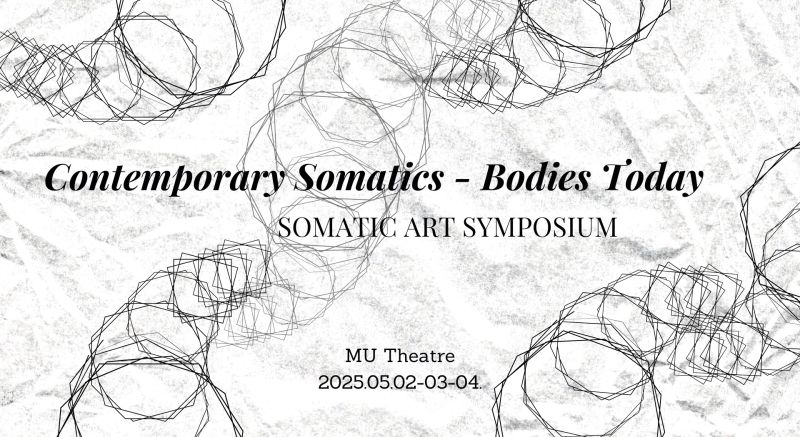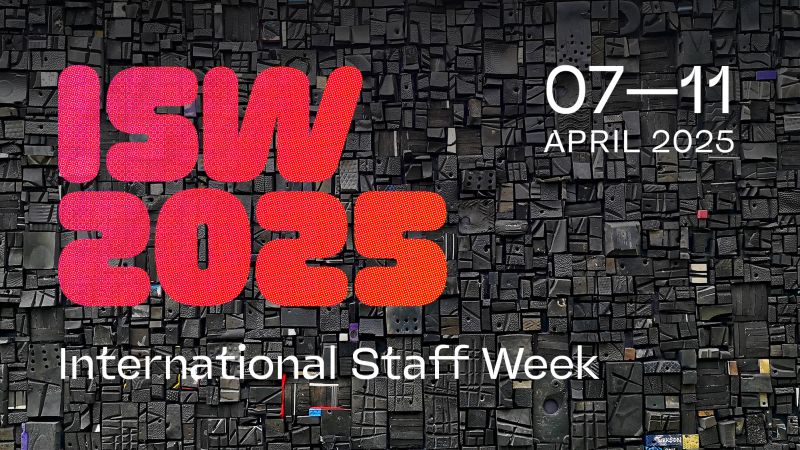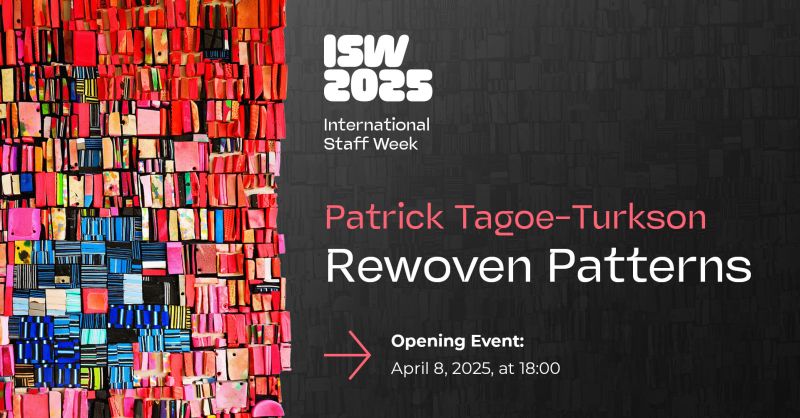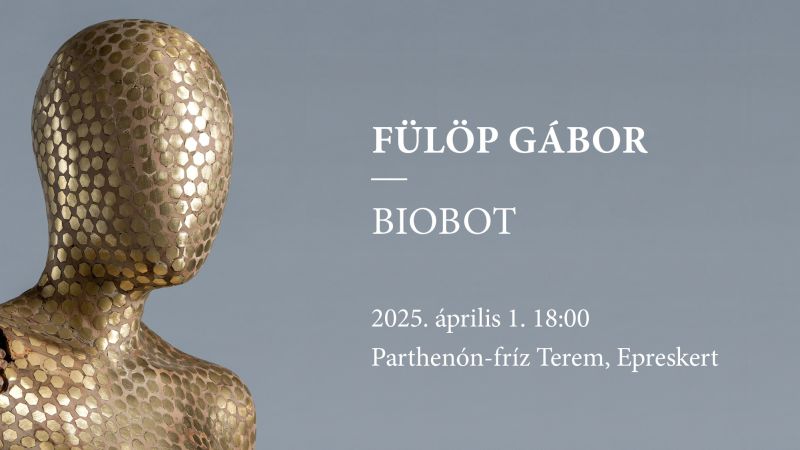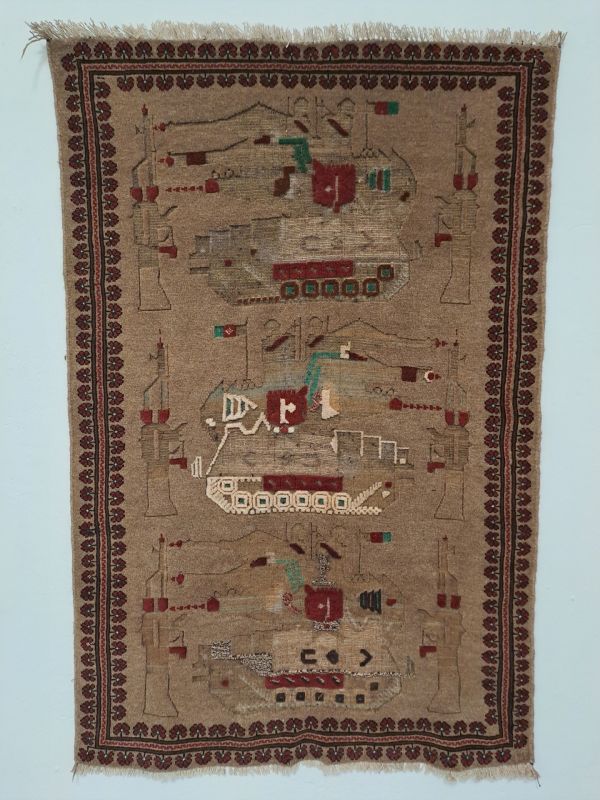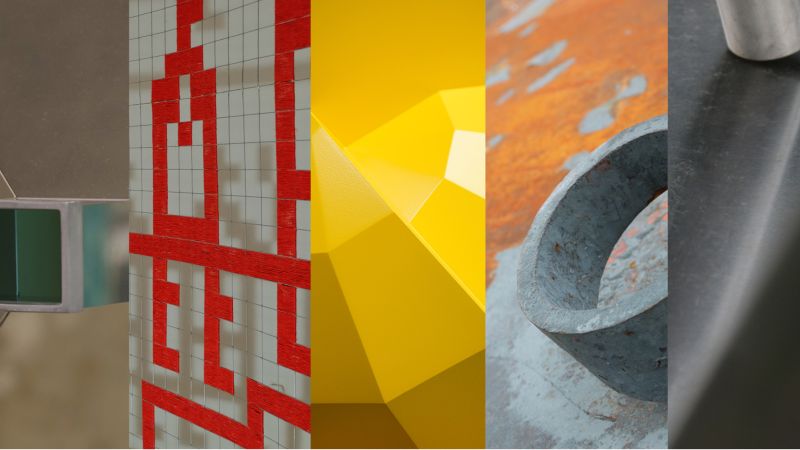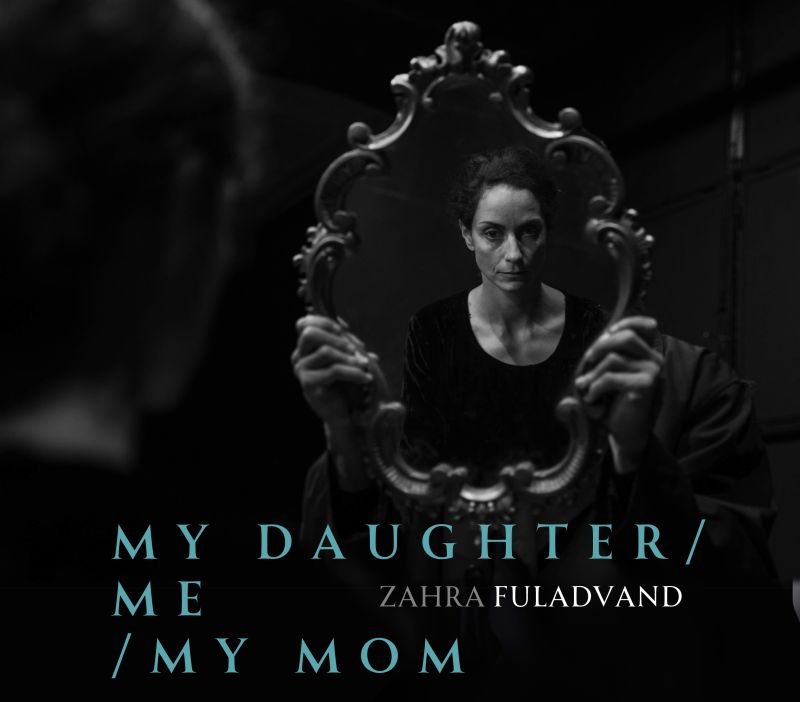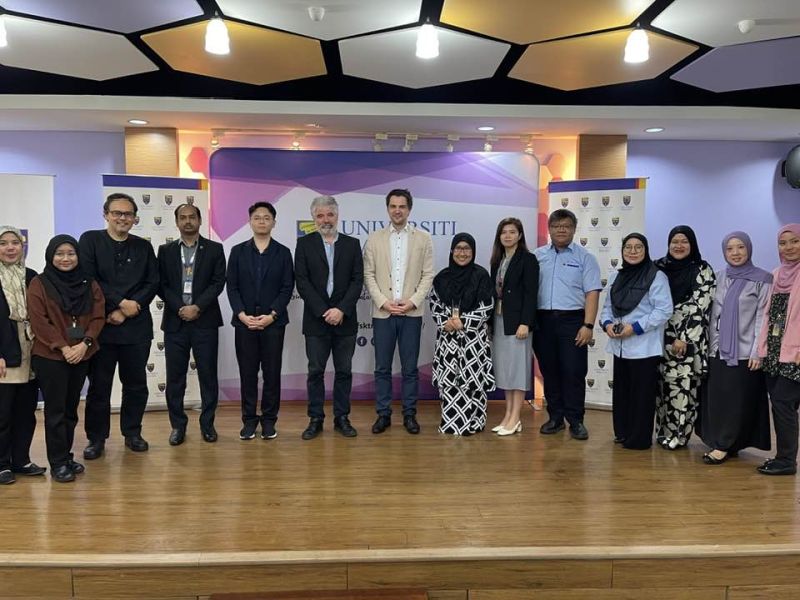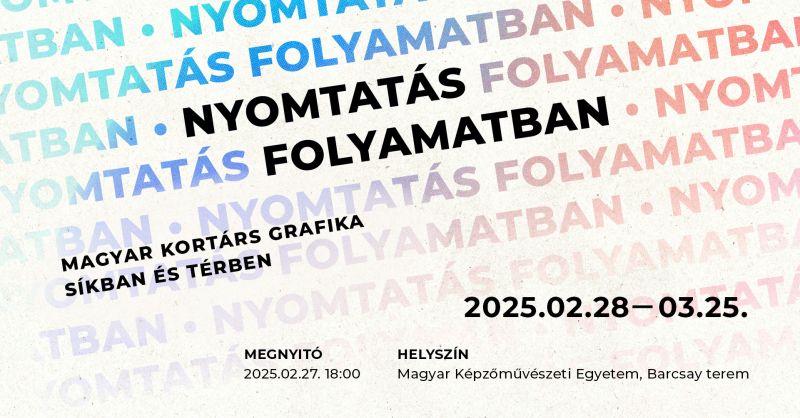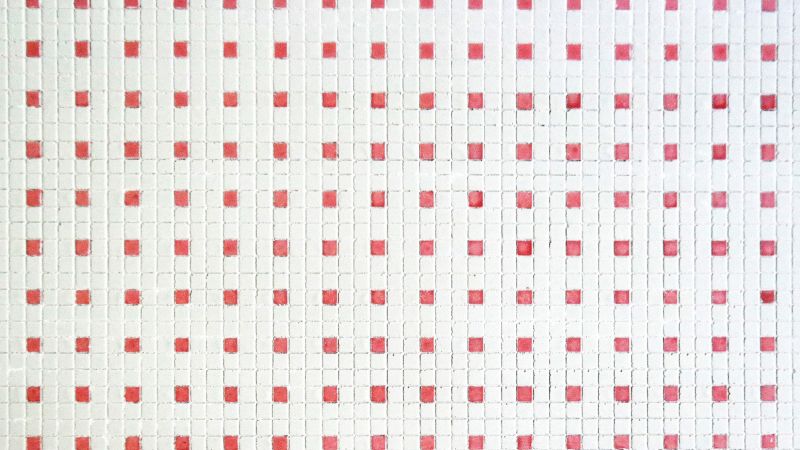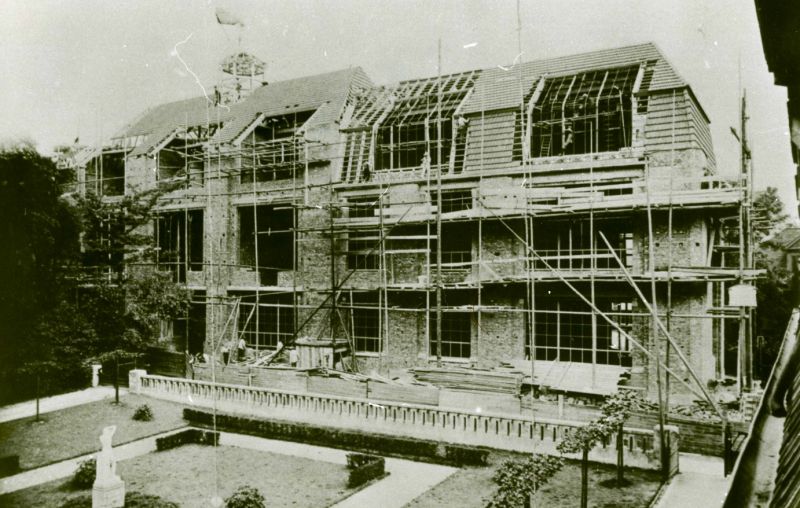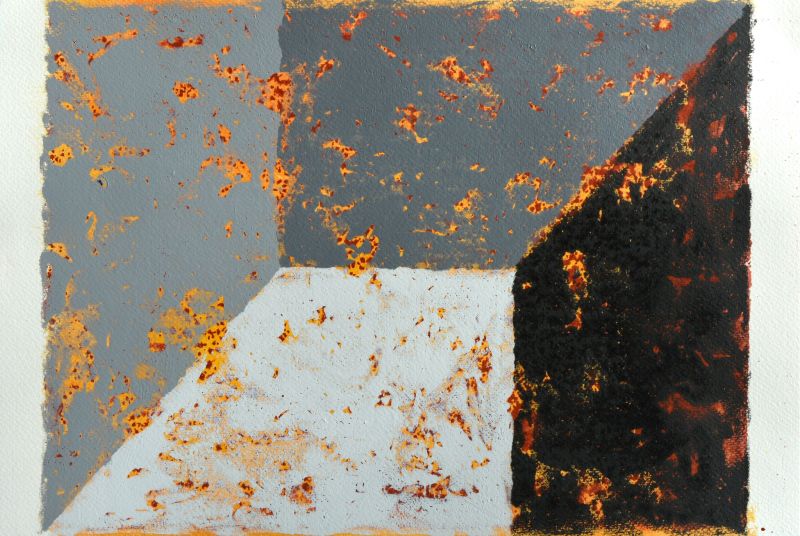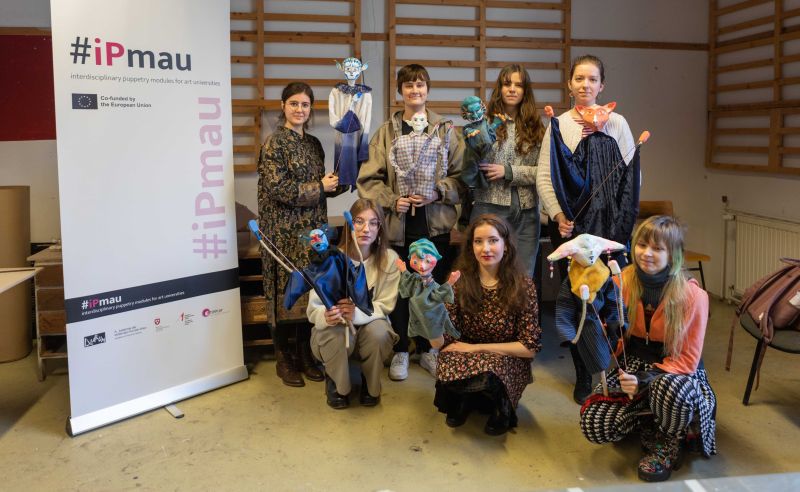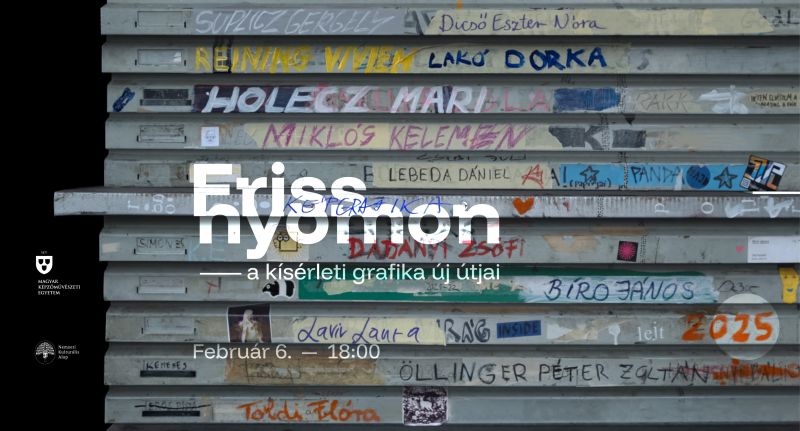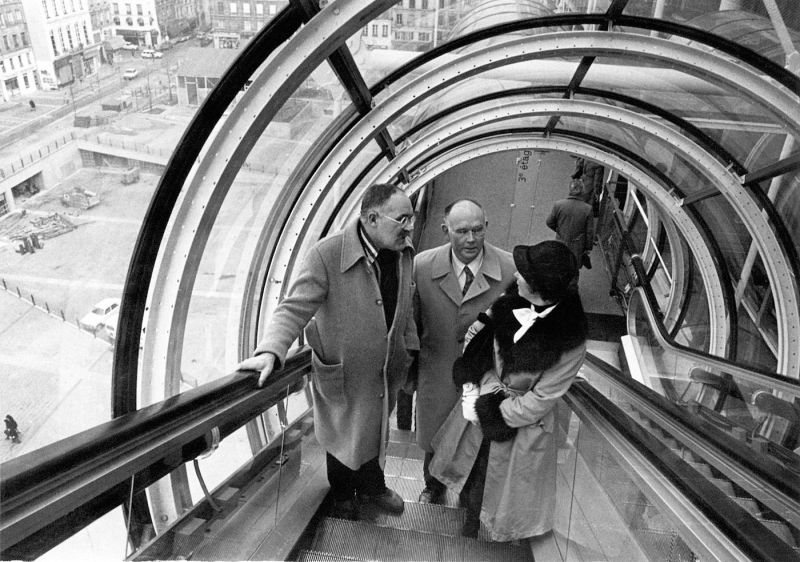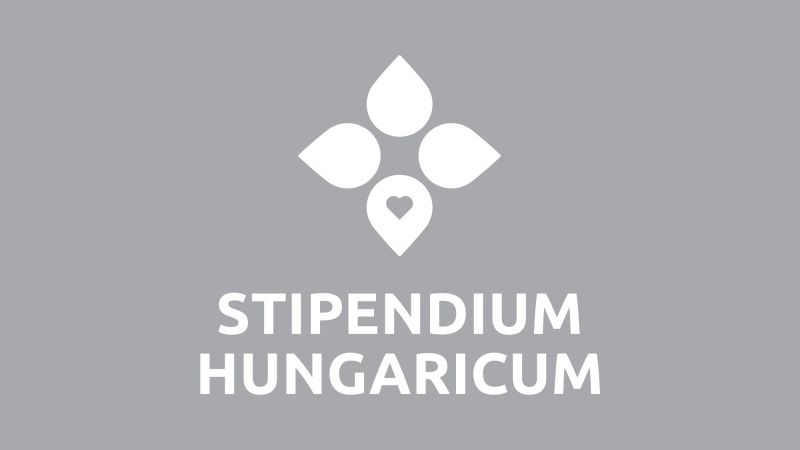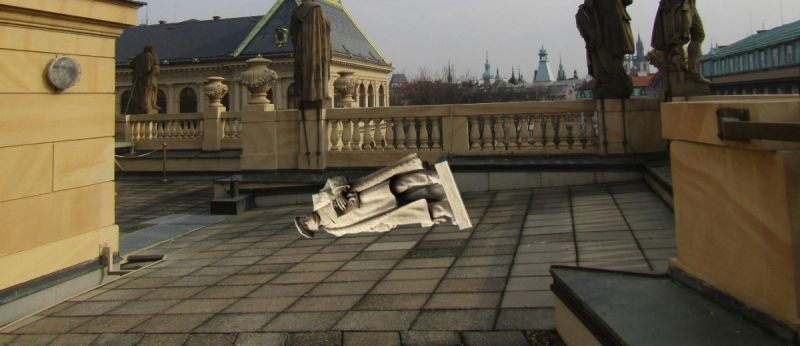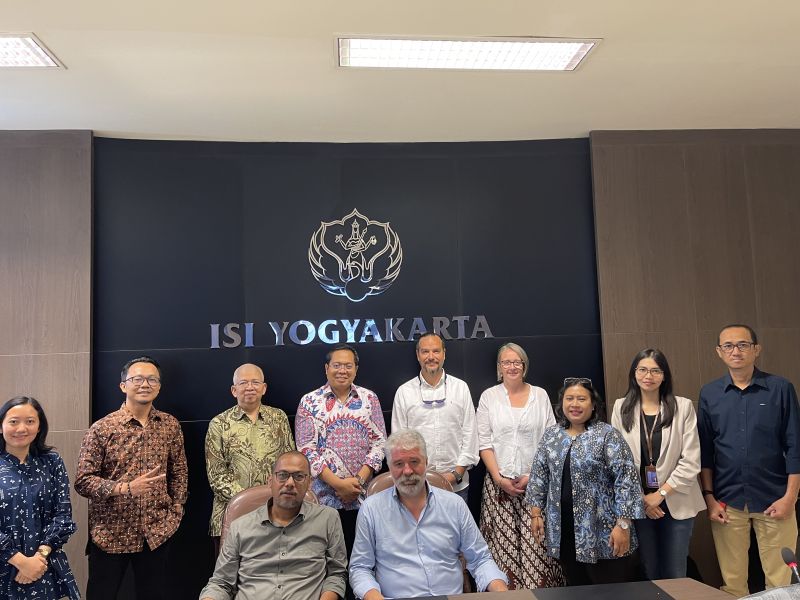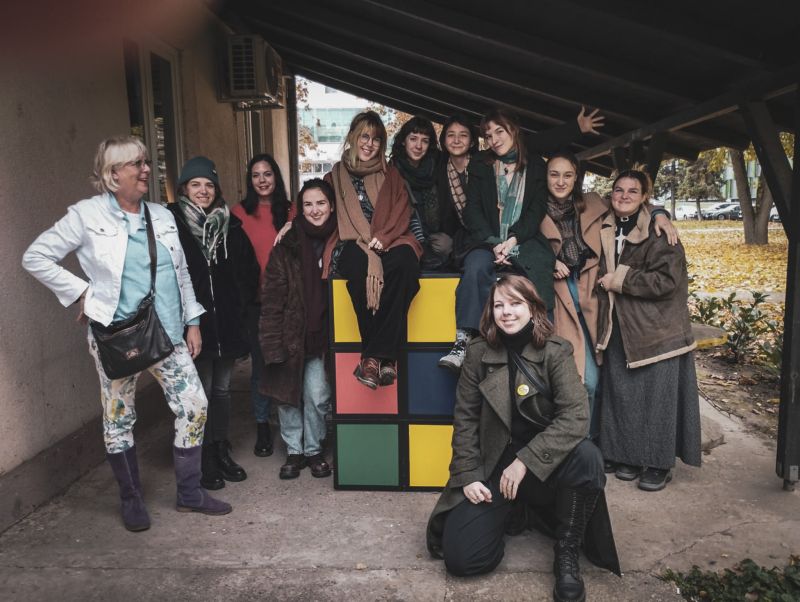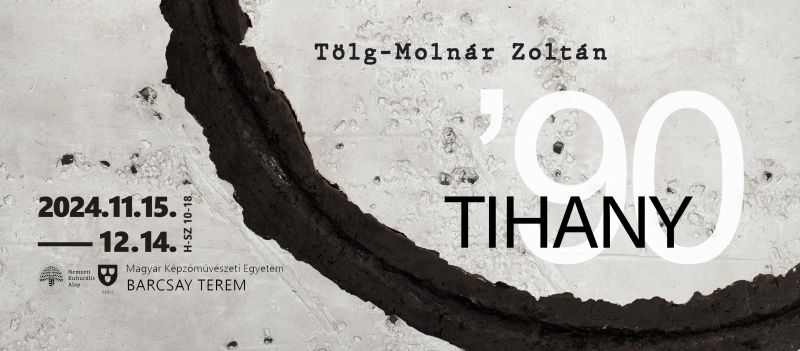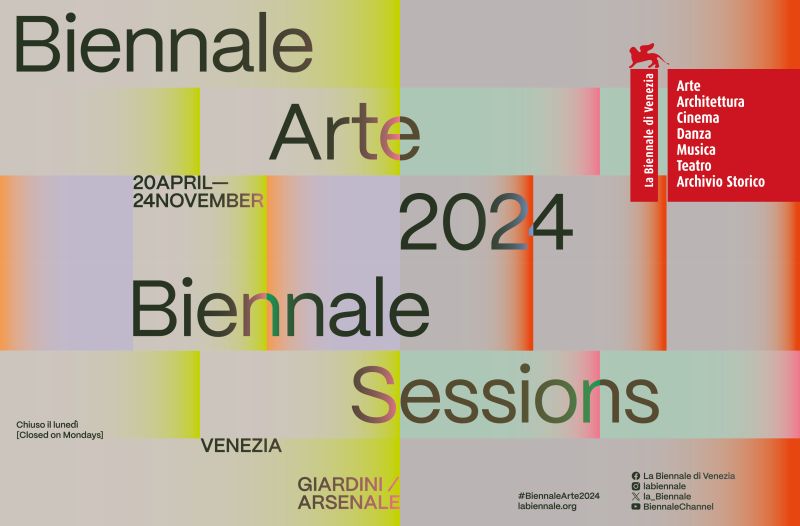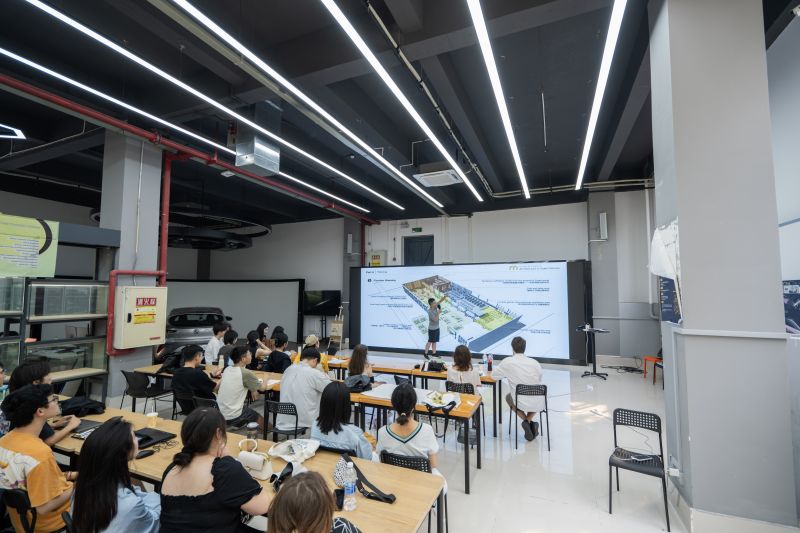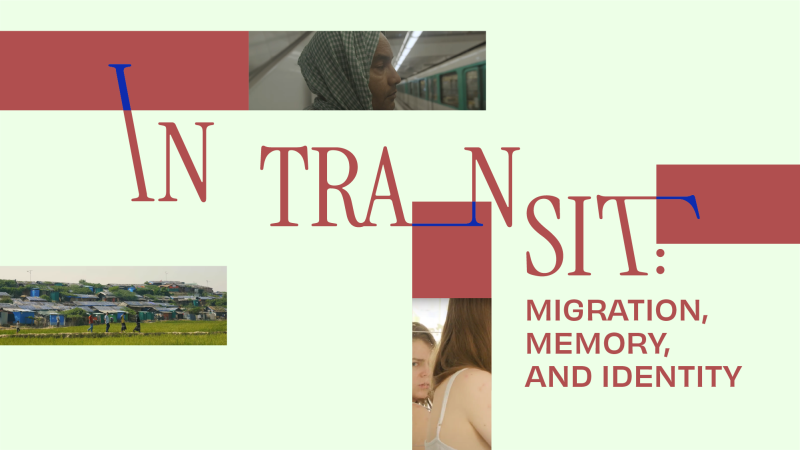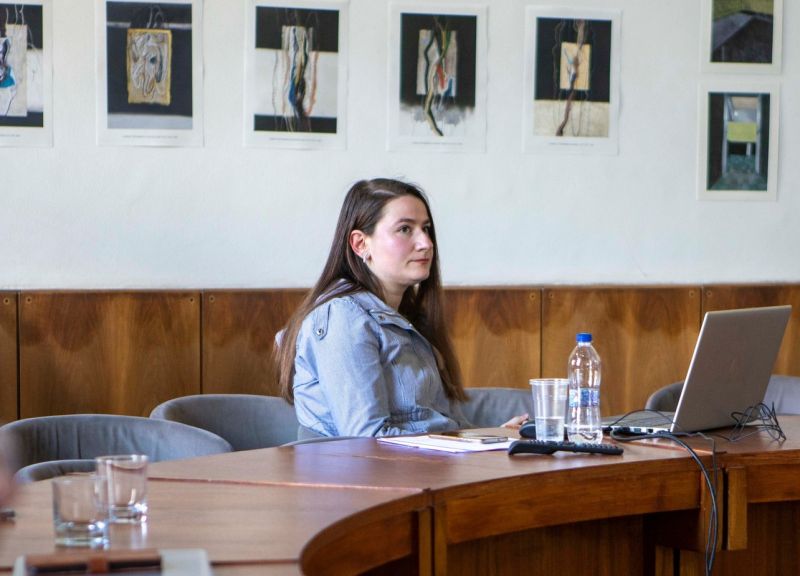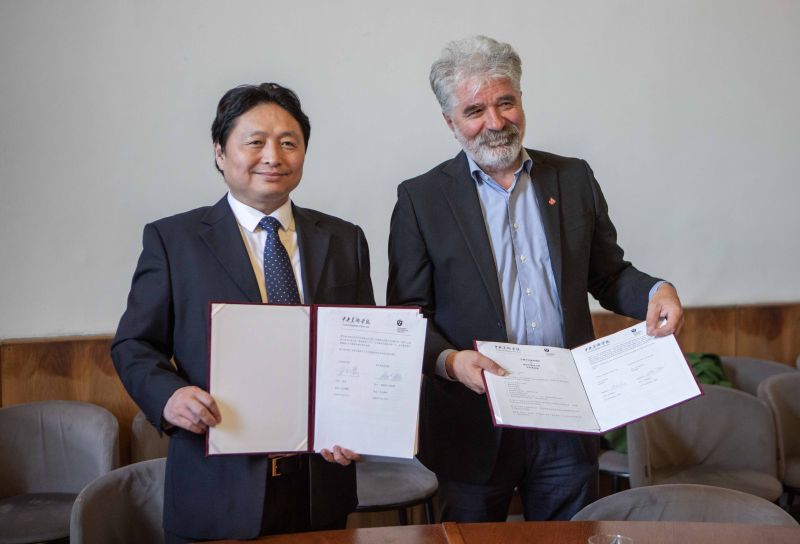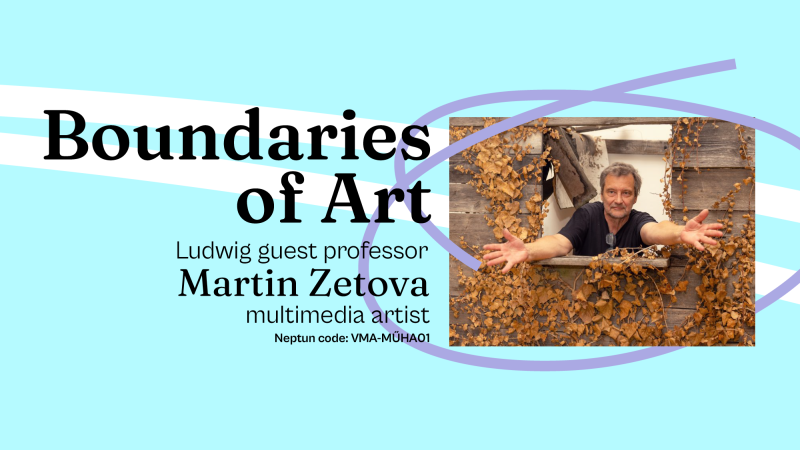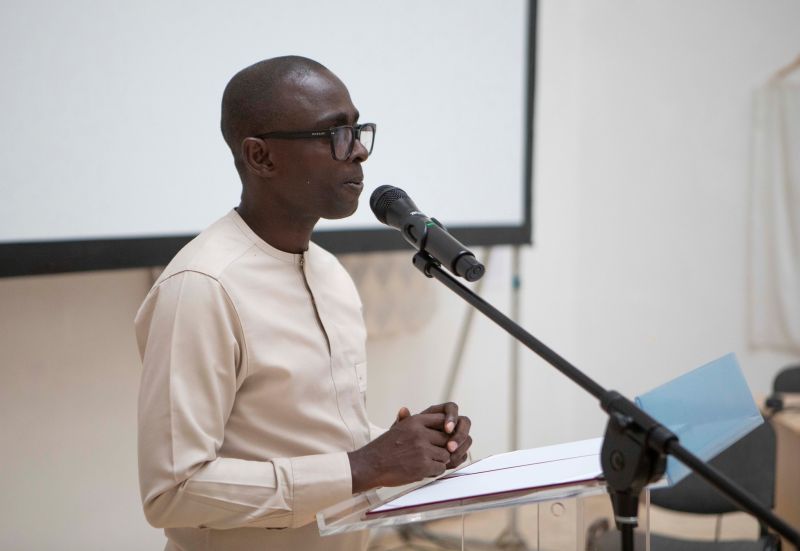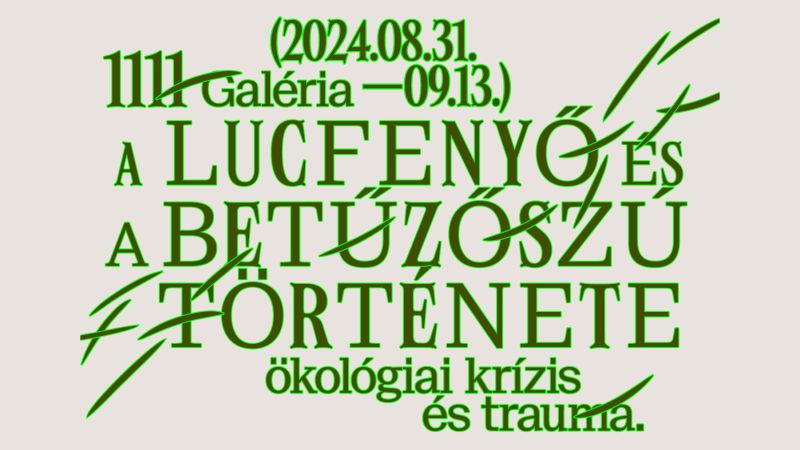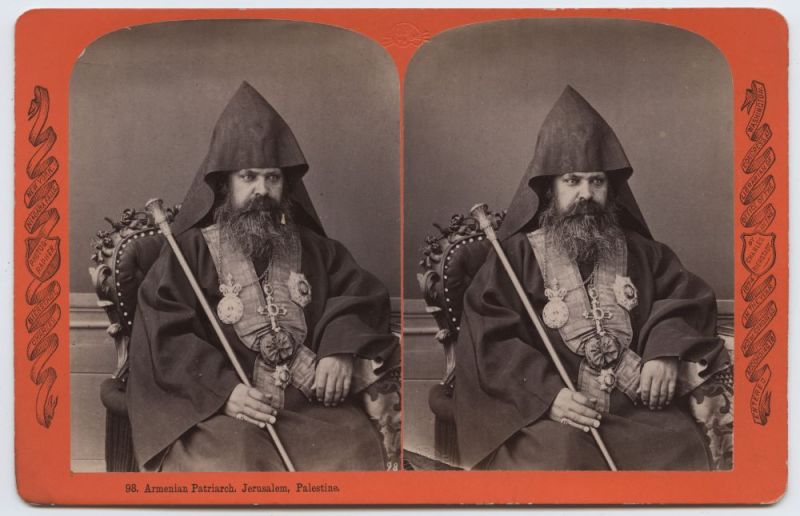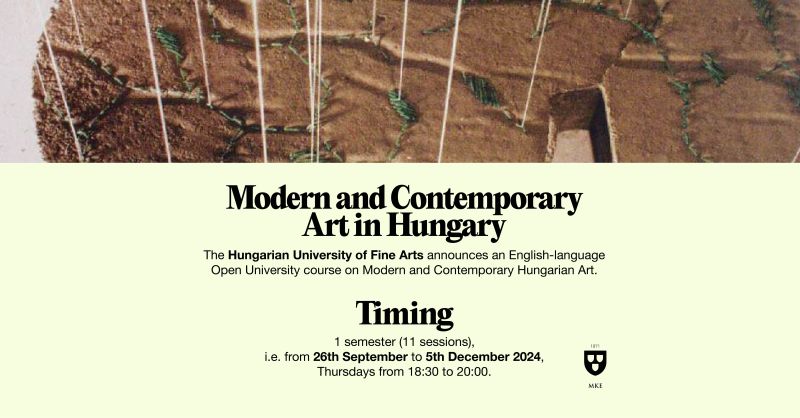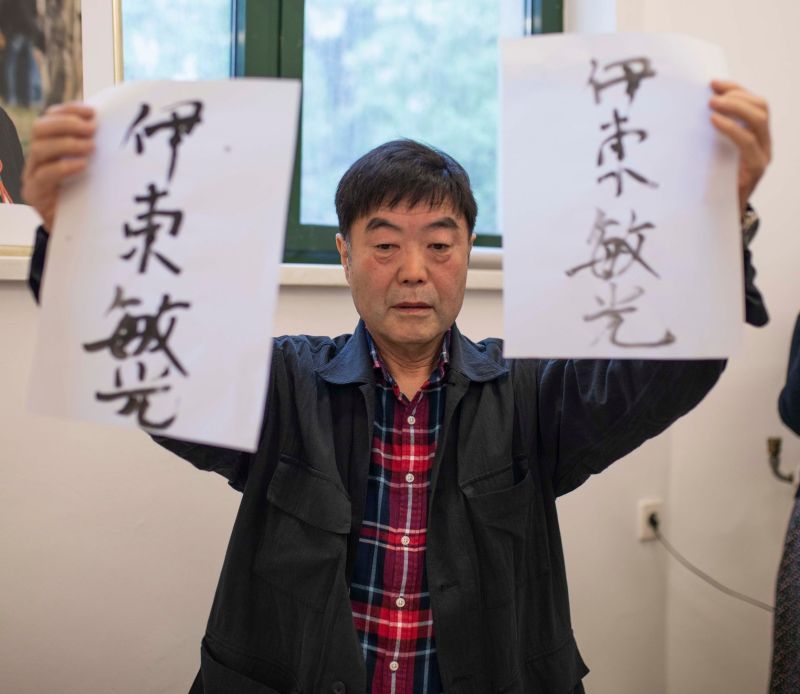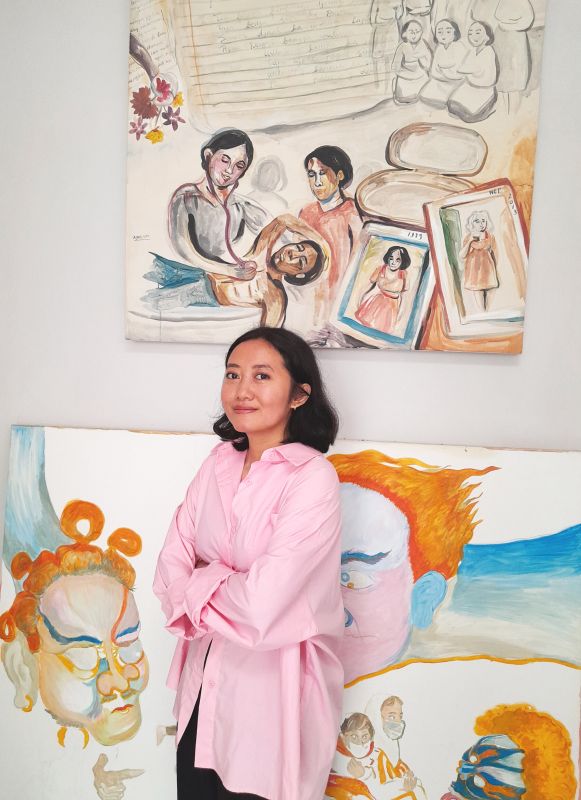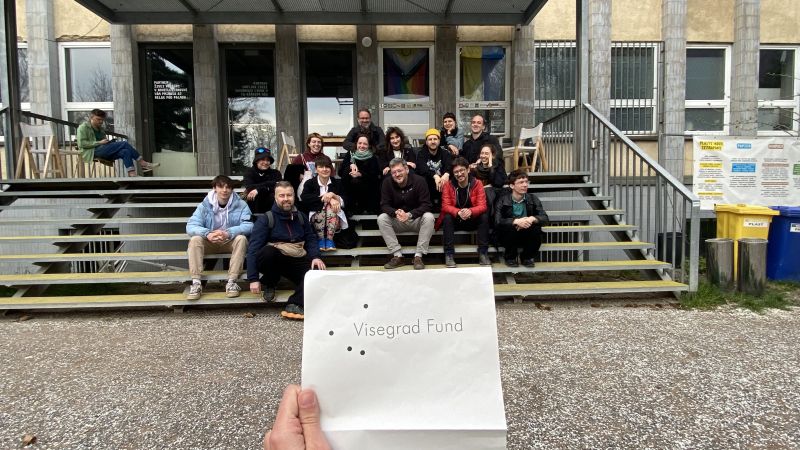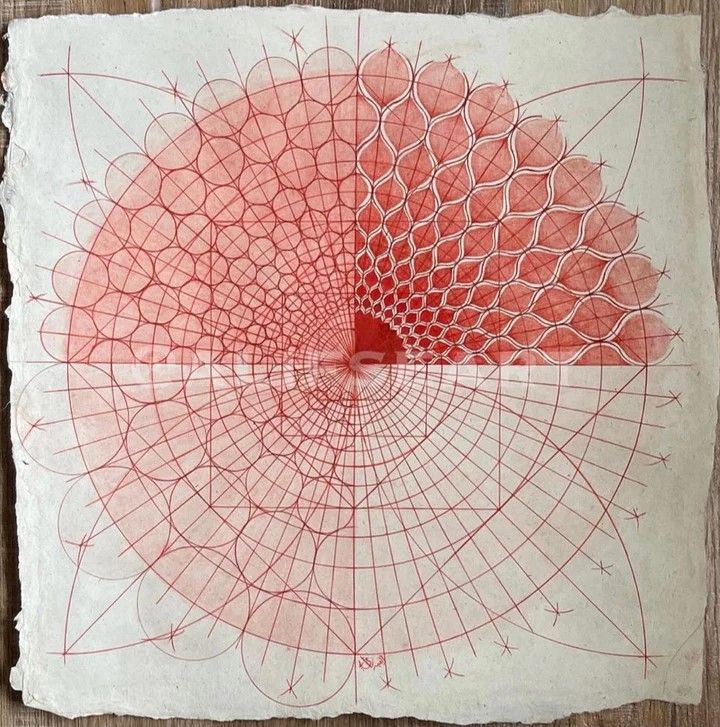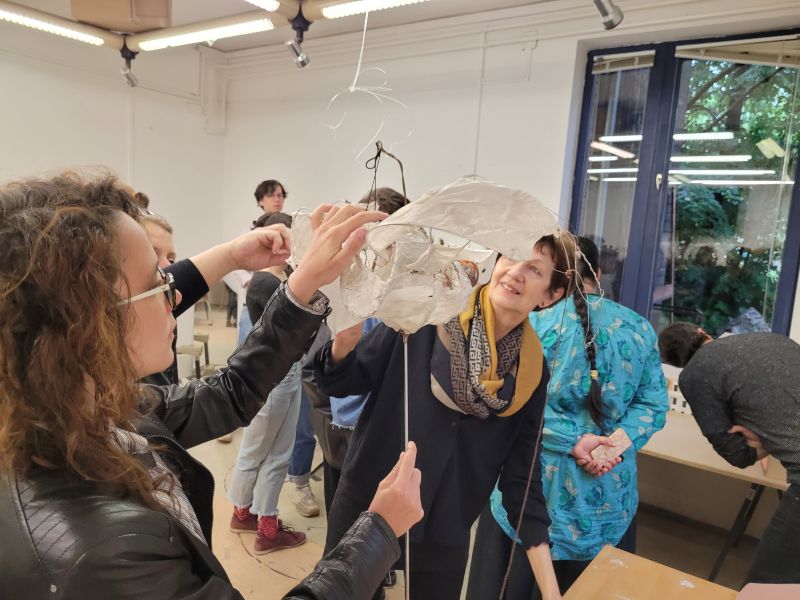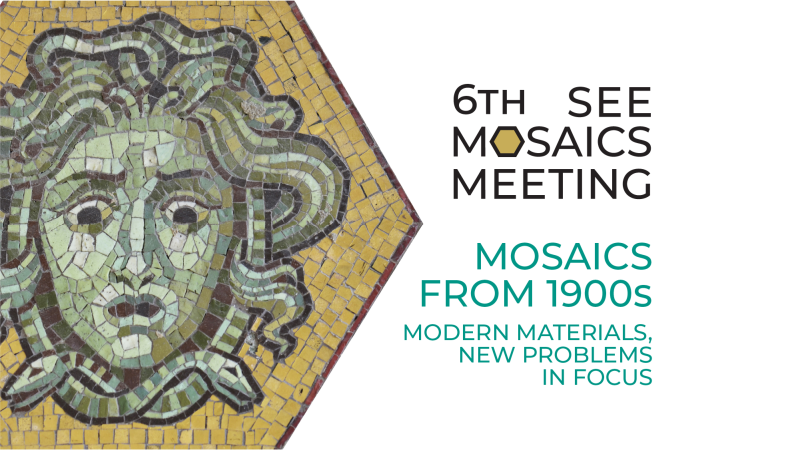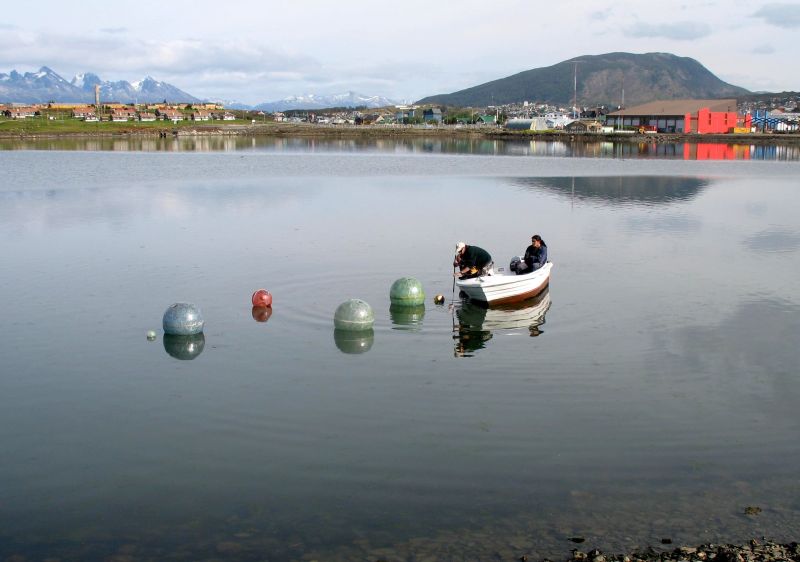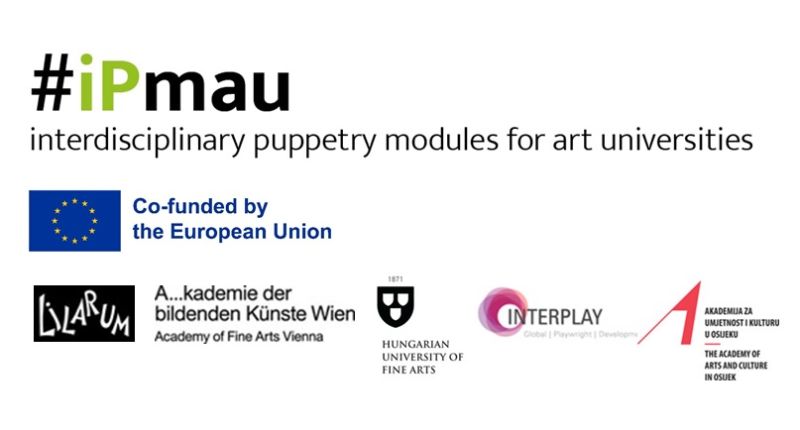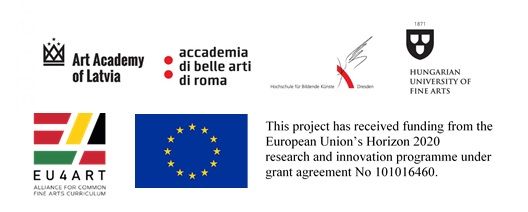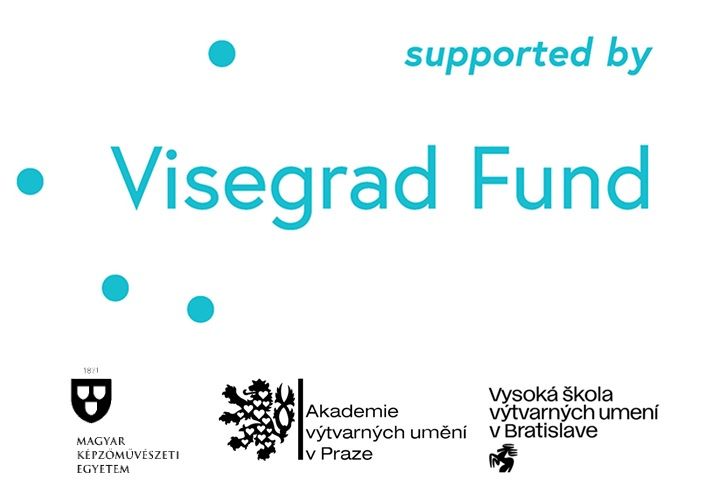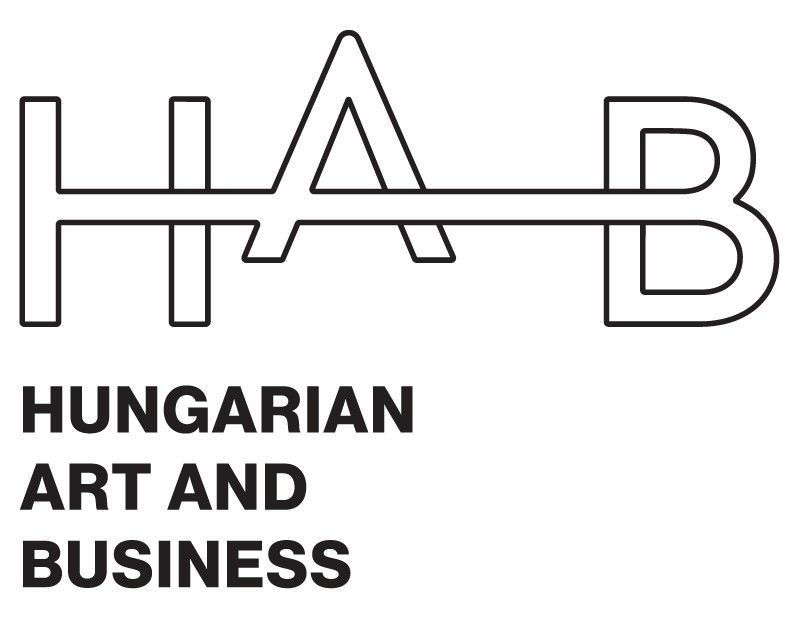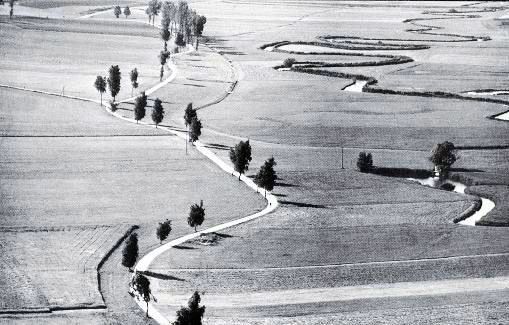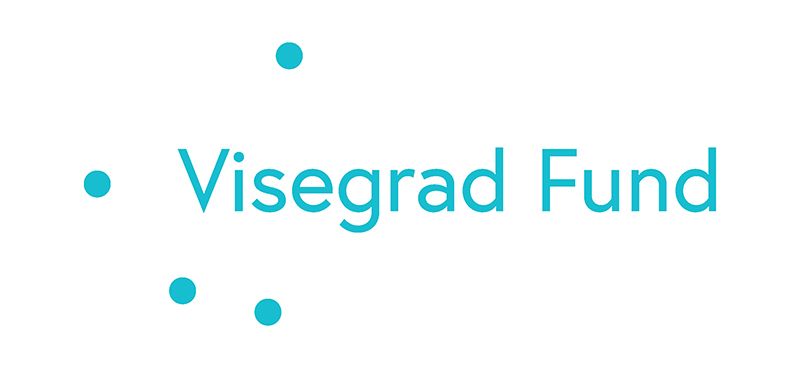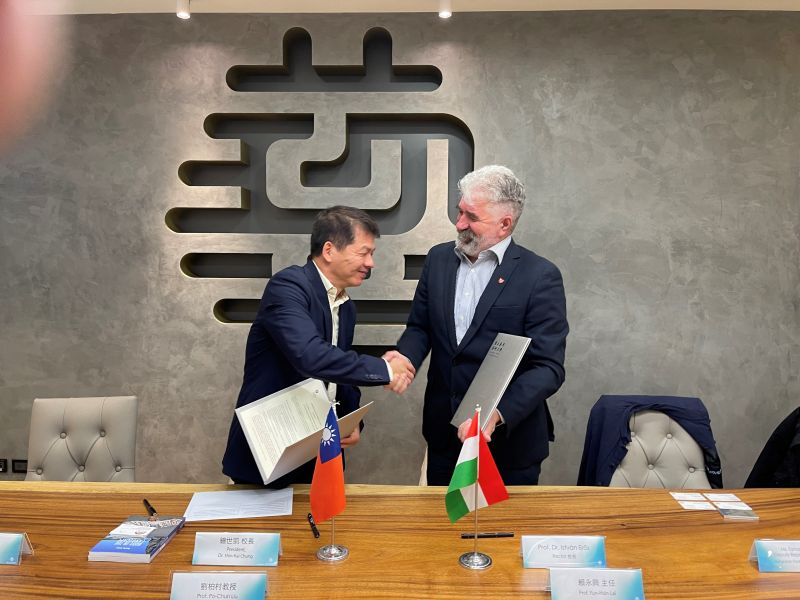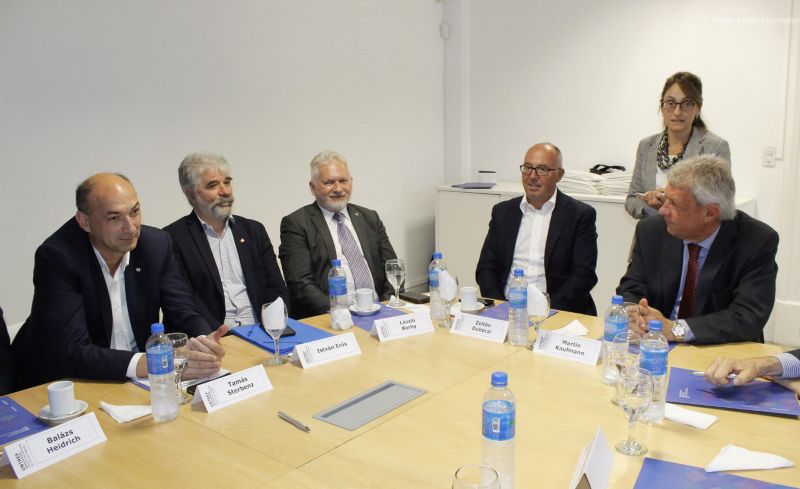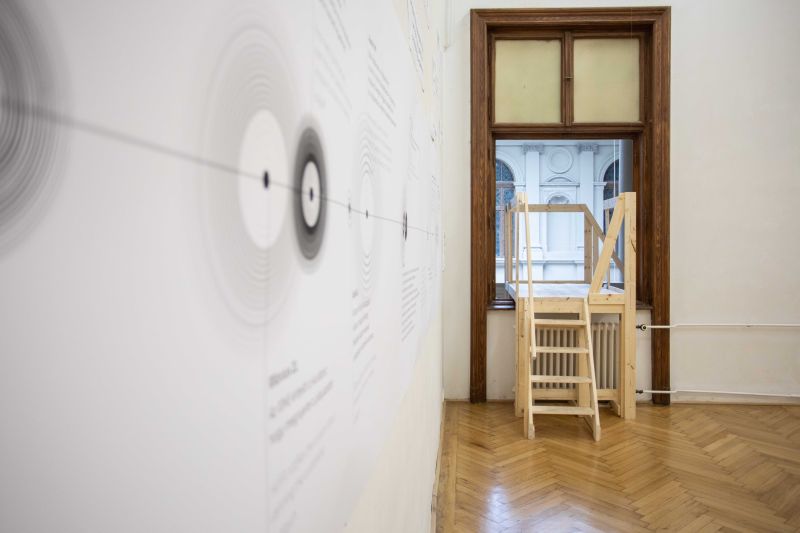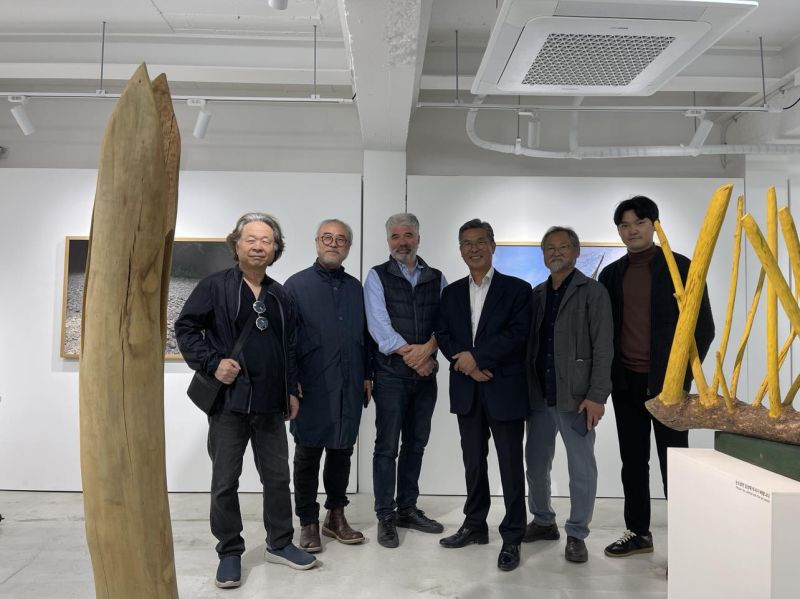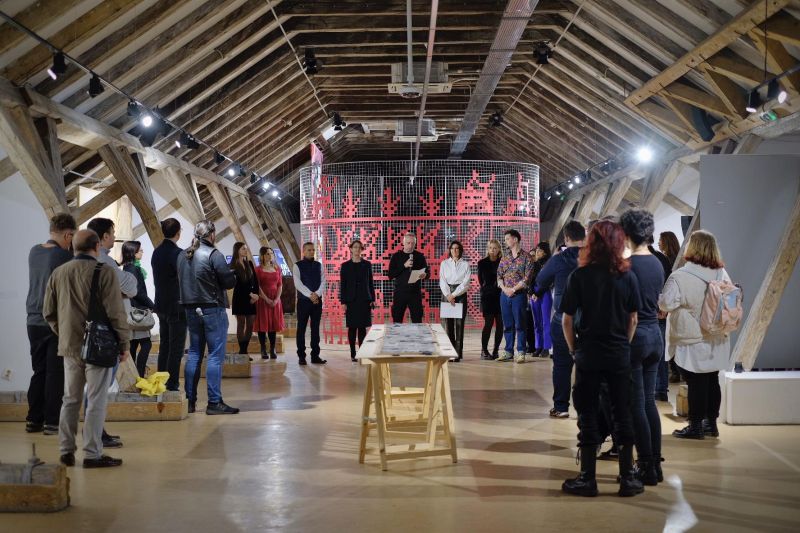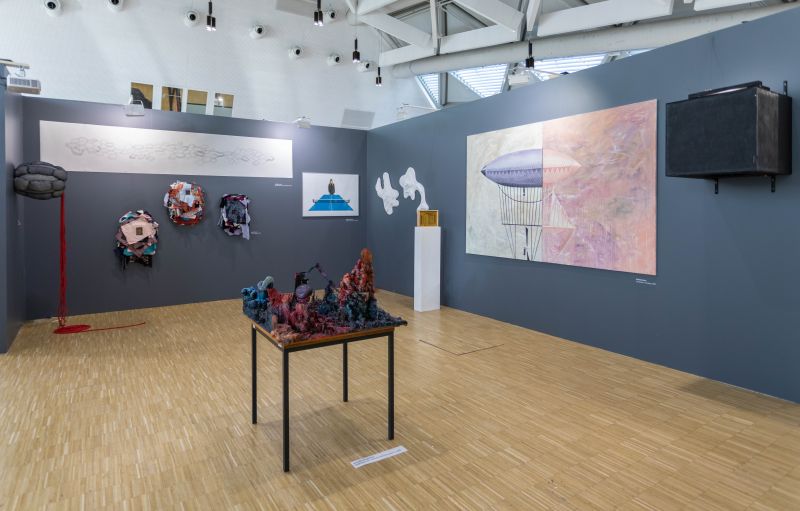Our university participates in V4 GEN Mini-Grant project
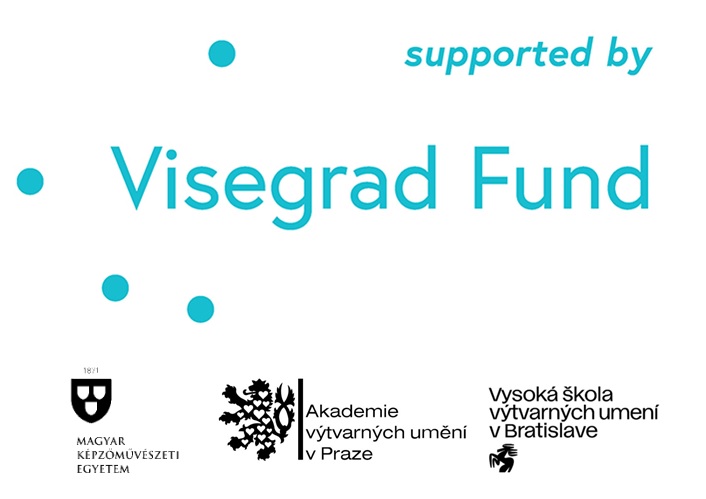
Our university participates in V4 GEN Mini-Grant project
On the initiative and under the professional guidance of the Department of Intermedia, our University has successfully applied for the V4 GEN Mini-Grant supported by the International Visegrad Fund https://www.visegradfund.org/, which offers the opportunity to students and teachers from three universities to participate in workshops.
The project would consist of three meetings at the main art academies in Budapest, at the Hungarian University of Fine Arts (Hungary), in Bratislava, at the Academy of Fine Arts and Design Bratislava (Slovakia) https://www.vsvu.sk/en and in Prague, at the Academy of Fine Arts Prague (Czech Republic) https://avu.cz/en. All the meetings will involve the same core group of participants in order to ensure a communicational continuity, and to allow participants to deepen their professional connections. During the three consecutive visits, the participants will communicate and work together on elaborating ideas and artworks based on the inputs provided by each location. The focus will be on finding connecting points and overlapping concerns in regard to art, education and public matters nowadays.
Our project aims to strengthen professional networks in educational institutions and to support mobility of students, researchers and teachers to share best practices.
The three events will take place in English at the following dates and locations:
1, Public in times of polycrisis (Event–Public), Bratislava, SK 21/03/2024–23/03/2024
Facebook event page: https://www.facebook.com/events/953250602820364
It will be hosted by Studio vvv from Department of Intermedia on AFAD Bratislava.
Exploring and implementation of public approach have always been presented in Studio's agenda.
During the last years, the priority in this direction is turning away from a politically activist approach. It is necessary to respond to the most important emergencies of students. Their life and future in the complicated, virtually connected world of polycrisis is a top priority. Art education has the potential and capacity to develop mechanisms and abilities helping to better equip and empower young people to navigate the world of the future, which has already begun. We would like to strengthen these goals by getting to know each other and exchanging experiences, attending workshops and visiting inspiring individuals and groups in Bratislava.
2. How different artistic formats such as urban interventions can (re)produce the lost public? (Event–Public), Budapest, HU 04/04/2024–06/04/2024
The workshop will deal with the effects of the radical cultural transformations that took place in Hungary in the past decade on the precarious condition of the public. The various lectures and field trips would research the transformations of the institutional landscape traceable in the urban fabric of Budapest, and will encourage students to elaborate various live art formats that are efficient in constructing new concepts of public independent from the ideologically corrupted institutional spaces.
As an overall methodology we would apply an interventionist approach in an urban context, similar to one of our collaborative seminars running since 2011 at the HUFA. Altogether we would aim at the creation of a discursive and collaborative space, in which the possible socio-cultural functions of art/artists in a dramatically changing and challenging global environment can be addressed.
3. Public Dissonance (Event–Public), Prague, CZ 25/04/2024–28/04/2024
The event will provide a creative milieu in which students, teachers and lecturers will engage in a collage of activities (practical and theoretical), reflecting tensions within the society and among its
members, states of incongruity and disagreement, conflicting ideologies, values, or perspectives within the public sphere. Engaging participants from three different countries will open the opportunity to spark conversations on the dynamics of public spaces and societal disparities in various contexts. Places marked by controversy in Prague (Letenské sady with the Metronome sculpture) will be visited and discussed as sites of political disagreements, places of social inequalities leading to conflicting narratives. The event will encourage pedagogical and artistic exchange revolving around the complexities within public spaces focused on a culture of learning, growth, and inclusivity.
During the program, 12 students and 4 lecturers from the three universities will cooperate, preparing a long-term cooperation between the three institutions.
Total amount of funding per consortium: € 9600
The V4 Gen Mini-Grants is an application program operated and financed by the International Visegrad Fund, the purpose of which is to promote the cooperation of the V4 countries (Czech Republic, Hungary, Poland, Slovakia) through the support of sustainable regional cooperation.
The V4 Gen Mini-Grant supports short-term mobility of youth in the age group 12–30, to promote democratic values, civic participation, and cross-border dialog among young people.
